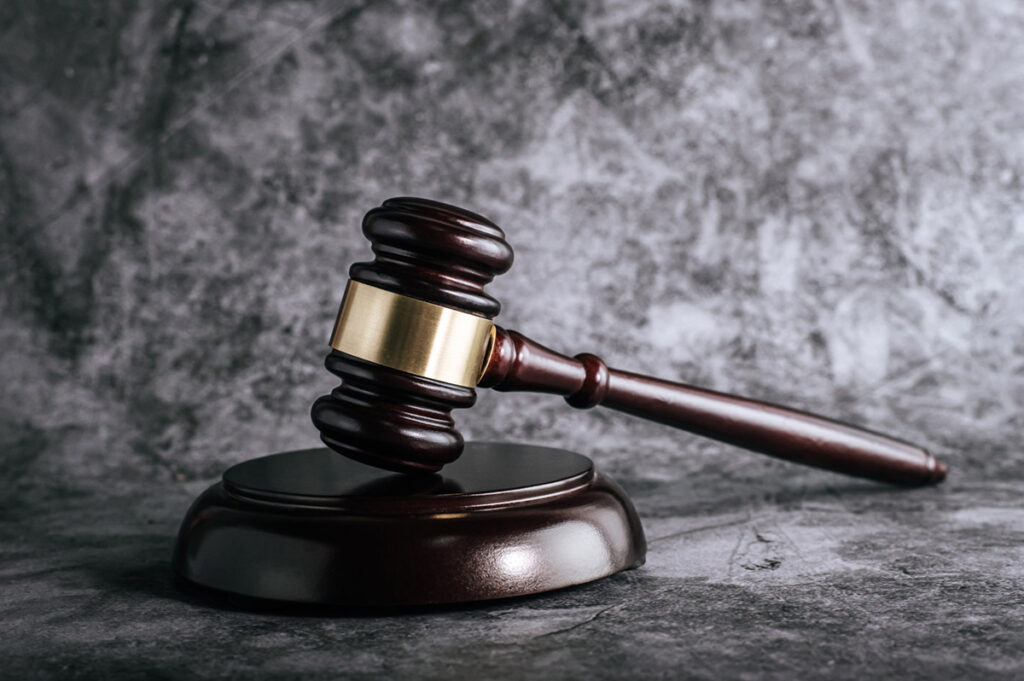Thinking About Renting a Room to World Cup Guests? Here’s What to Know About Short-Term Rental Rules in Jersey City and Newark

With the World Cup on the horizon and tourism expected to surge across the region, many New Jersey residents are considering turning extra rooms or apartments into short-term rentals. But before you list your space on Airbnb, it’s important to understand that some cities, especially popular destinations like Jersey City and Newark, have strict regulations in place for short-term rentals (STRs).
Executive Order on Gender in the Workplace: What it Means for Employers and Employees

On January 20, 2025, an Executive Order (Order #14168) was issued directing the federal government to recognize only two sexes: male and female. How does this affect your workplace? It has lead to major shifts in how the Equal Employment Opportunity Commission handles claims of gender identity discrimination.
WHAT IS DISCOVERY AND WHY IS IT IMPORTANT?

Discovery is a key part of the litigation process where all parties share important information, documents, evidence and testimony with one another. This process helps make the issues and relevant facts transparent to all parties, allowing them to assess the strengths and weaknesses of the various issues and claims at play in a case. The most common discovery tools used to request and gather information from other parties include: written questions (interrogatories), requests for production of documents (document demands), asking the other side to admit certain facts (requests for admission), and interviews under oath (depositions).
How Two New York Law Changes Expand Rights for Pregnant/Nursing Employees in the Workplace

Two New York laws – one pertaining to pregnant employees, one to employees who are nursing – have been enacted, marking a significant change in the rights and protections afforded to pregnant employees and parents in the workplace. Signed into law by Governor Kathy Hochul, these laws reflect the state’s commitment to supporting employees both during and after pregnancy and represent a notable change for New York employers and employees alike.
When Algorithms Discriminate: How Improper Use of AI Could Get You Sued

Artificial Intelligence (“AI”) has become intertwined with business operations and management in rapid and breathtaking new ways. However, with such rapid growth and adoption comes new legal pitfalls for businesses. New Jersey has just issued a clear warning to New Jersey businesses: your AI can get you sued for discrimination.
What Justin Baldoni’s Case Against the New York Times Teaches Us About Libel Law

In today’s celebrity-driven media world, defamation lawsuits are a common occurrence, particularly when public figures feel their reputations have been unfairly damaged by the press. Recently, Justin Baldoni, the director and co-star of It Ends With Us, filed a high-profile libel lawsuit against the New York Times, seeking $250 million in damages. The lawsuit centers on an article that reported on allegations of misconduct made by Blake Lively, Baldoni’s co-star. This case presents a unique opportunity to examine the legal standards for libel, especially when it involves public figures.
New York’s Clean Slate Act

The New York Clean Slate Act took effect on November 16, 2024. The goal of the Clean Slate Act is to “curb discrimination” of formerly incarcerated individuals and minimize barriers to employment for those individuals “by sealing from public access the conviction records of individuals for certain state convictions.” This sealing would occur after an individual has “satisfied their sentence and the required period of time has passed,” so long as that individual has “remained a law-abiding citizen.”
New NJ Law Requires Disclosure of Wage and Salary Information in Job Posts

For employers looking to hire, a recent New Jersey law is mandating an important change on transparency requirements. On November 18, 2024, New Jersey Governor Phil Murphy signed legislation into law requiring most covered businesses to disclose wage or salary information and a description of benefits in job postings.
UNDERSTANDING THE NEW JERSEY CASE INFORMATION STATEMENT (CIS) IN DIVORCE CASES

In New Jersey divorce proceedings, the Case Information Statement (CIS) is a central and crucial document that provides a detailed snapshot of the financial situation of the parties. Once a divorce complaint is filed, both parties must complete and submit the CIS to help the court understand key aspects of their finances. While completing the CIS can be time-consuming, it is essential to provide accurate and comprehensive information, as it will directly impact the outcome of your divorce and determine how the court will view your case. Below we will guide you through these key sections of the New Jersey link to sample form.
Sharing a Driveway

When the interests of homeowners and developers come into conflict, do New Jersey courts typically favor one over the other? While the state’s legislature has passed laws that put restraints on developers, the courts have found reasons over time to loosen those restraints. One recent decision from the NJ Appellate Division provides an example.



